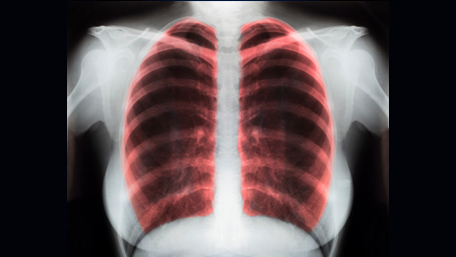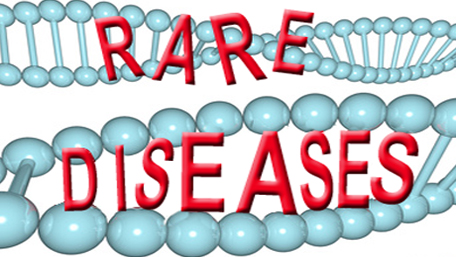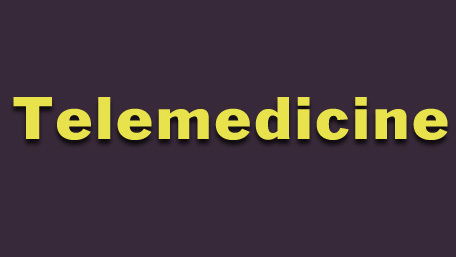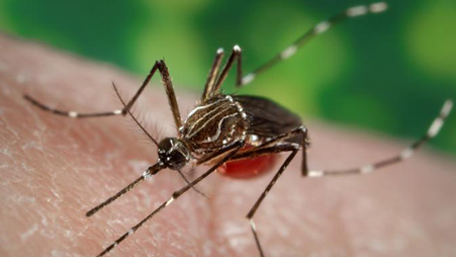
04/09/2021
Hot Topics of the Day are picked by experts to capture the latest information and publications on public health genomics and precision health for various diseases and health topics. Sources include published scientific literature, reviews, blogs and popular press articles.
Sign up MyPHGKB to receive the daily hot topic email alert.
Archived Hot Topics of the Day By Date
Guidance for Reporting SARS-CoV-2 Sequencing Results
CDC, April 9, 2021

Development of a multivariable prediction model for severe COVID-19 disease: a population-based study from Hong Kong
J Zhou et al, NPJ Digital Medicine, April 8, 2021
The emergence, surge and subsequent wave of the SARS-CoV-2 pandemic in New York metropolitan area: The view from a major region-wide urgent care provider.
M Rane et al, MEDRXIV, April 7, 2021
Suboptimal response to COVID-19 mRNA vaccines in hematologic malignancies patients
M Agha et al, MEDRXIV, April 7, 2021
A Simple RT-PCR Melting temperature Assay to Rapidly Screen for Widely Circulating SARS-CoV-2 Variants.
PP Banada et al, MEDRXIV, April 8, 2021
The SARS-CoV-2 receptor angiotensin-converting enzyme 2 (ACE2) in Myalgic Encephalomyelitis/Chronic Fatigue Syndrome: analysis of high-throughput epigenetic and gene expression studies
J Malato et al, MEDRXIV, April 8, 2021
Effect of RBD mutations in spike glycoprotein of SARS-CoV-2 on neutralizing IgG affinity
T Hayashi et al MEDRXIV, April 8, 2021
The impact of viral mutations on recognition by SARS-CoV-2 specific T-cells
TI de Silva et al, BIORXIV, April 8, 2021
Machine Learning for Early Lung Cancer Identification Using Routine Clinical and Laboratory Data.
Gould Michael K et al. American journal of respiratory and critical care medicine 2021
Adherence to NCCN ALK testing guidelines for patients with advanced non-small cell lung cancer in US Community Medical Centers.
Bernicker Eric H et al. The oncologist 2021
New ethical challenges in the management of rare pediatric diseases with innovative therapies.
Dufosset M et al. Archives de pediatrie : organe officiel de la Societe francaise de pediatrie 2021
Benefits and limitations of telegenetics: A literature review.
Gorrie Anita et al. Journal of genetic counseling 2021
Pharmacogenomics in the Era of Next Generation Sequencing - from Byte to Bedside.
Russell Laura E et al. Drug metabolism reviews 2021 1-79
Patients' and Oncologists' Knowledge and Expectations Regarding Tumour Multigene Next Generation Sequencing: A Narrative Review.
Shirdarreh Melika et al. The oncologist 2021
AI uses patient data to optimize selection of eligibility criteria for clinical trials
NC Weng et al, ature News, April 7, 2021
Advances and opportunities in malaria population genomics
DE Neafsey et al, Nature Rev Genetics, April 8, 2021
Diagnostic accuracy of deep learning in medical imaging: a systematic review and meta-analysis
R Aggarwal et al, NPJ Digital Medicine, April 7, 2021
Disclaimer: Articles listed in Hot Topics of the Day are selected by Public Health Genomics Branch to provide current awareness of the scientific literature and news. Inclusion in the update does not necessarily represent the views of the Centers for Disease Control and Prevention nor does it imply endorsement of the article's methods or findings. CDC and DHHS assume no responsibility for the factual accuracy of the items presented. The selection, omission, or content of items does not imply any endorsement or other position taken by CDC or DHHS. Opinion, findings and conclusions expressed by the original authors of items included in the Clips, or persons quoted therein, are strictly their own and are in no way meant to represent the opinion or views of CDC or DHHS. References to publications, news sources, and non-CDC Websites are provided solely for informational purposes and do not imply endorsement by CDC or DHHS.
- Page last reviewed:Feb 1, 2024
- Page last updated:Apr 21, 2024
- Content source:










